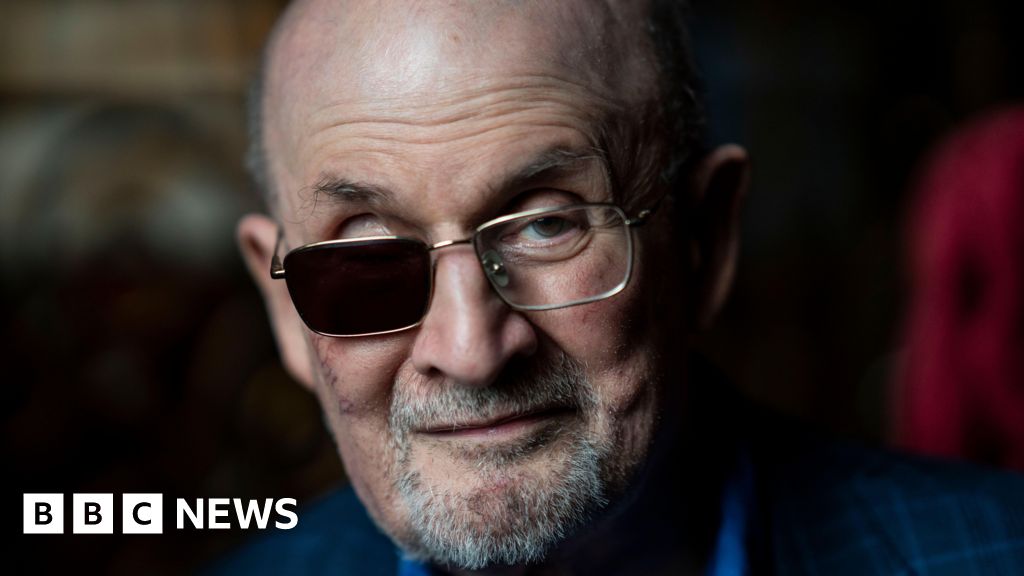Doctors are hailing a “groundbreaking” new treatment for lupus that genetically modifies a patient’s cells to fight the autoimmune disease and could end the need for lifelong medication.
Lupus can range from mild to severe, with symptoms including joint pain, skin problems, fatigue and inflammation of major organs. Patients often have to take drugs their whole lives, ranging from ibuprofen to steroid tablets and injections, or other immunosuppressant or biological medicines.
About 5 million people worldwide are thought to have the condition, which mostly affects women.
In the UK, three patients have received CAR T-cell therapy for the most serious form of lupus, which can be life-threatening and cause damage to the heart, lungs, brain and kidneys. In Germany, patients who have had the new treatment are now in remission and do not need to take lupus drugs.
Prof Ben Parker, a consultant rheumatologist at Manchester Royal Infirmary, said he believed the breakthrough could revolutionise treatment for lupus patients, and might lead to a cure for the disease.
“Lupus is a disease that requires lifelong medication, but this therapy has the potential to change that, which is incredibly exciting. This groundbreaking new therapy marks a significant milestone in our research into lupus.”
Until now, CAR T-cell therapy has mostly been used in cancer patients, but researchers believe it could treat a range of other diseases.
It works by genetically modifying cells to enable the body’s own immune system to recognise and attack problem cells, offering people a possible cure.
The first British patient,a 32-year-old woman called Katherine, was treated at the National Institute for Health and Care Research Manchester Clinical Research Facility at Manchester Royal Infirmary in July.
Two other UK patients have undergone treatment at University College hospital, with one of them – 50-year-old Katie Tinkler – receiving CAR T-cell therapy on Wednesday this week.
Tinkler, from Guildford, Surrey, who has had lupus for 30 years with symptoms including joint pain and kidney disease, said she was “beyond excited” to take part in the trial.
“If this works, it’s life-changing,” she said. “Until now, there’s never been anything for lupus that is a possible cure. The dream is to be lupus-free – that would be phenomenal.”
Patients having the new treatment will be followed up for 15 years to fully assess its effects.
Doctors hope CAR T-cell therapy could correct the underlying defect in lupus and potentially cure those with the most serious form of the disease.
Even after a few weeks, Katherine said she felt she had “more energy” and no longer experienced joint swelling, adding: “I’m feeling hopeful for the future.”
People undergoing the new treatment require a 10-day hospital stay and are warned of possible side-effects. This includes their immune system being very susceptible to infection for several weeks or another condition that causes the immune system to go into overdrive.
However, many patients whose lupus is getting worse and who may be entering kidney failure, for example, may decide the risks are worth it. The CAR T-cell therapy in the study is called obecabtagene autoleucel and the trial is sponsored by Autolus Limited.
Dr Eleni Tholouli, the director of the adult stem cell transplant unit at Manchester Royal Infirmary, said: “It is an incredibly exciting time to now offer this mode of treatment to lupus patients through this clinical trial.”
“We hope [it] will provide positive outcomes and revolutionise treatment options for patients with the disease.”
#Exciting #lupus #treatment #lifelong #medication #Medical #research











Leave a Reply